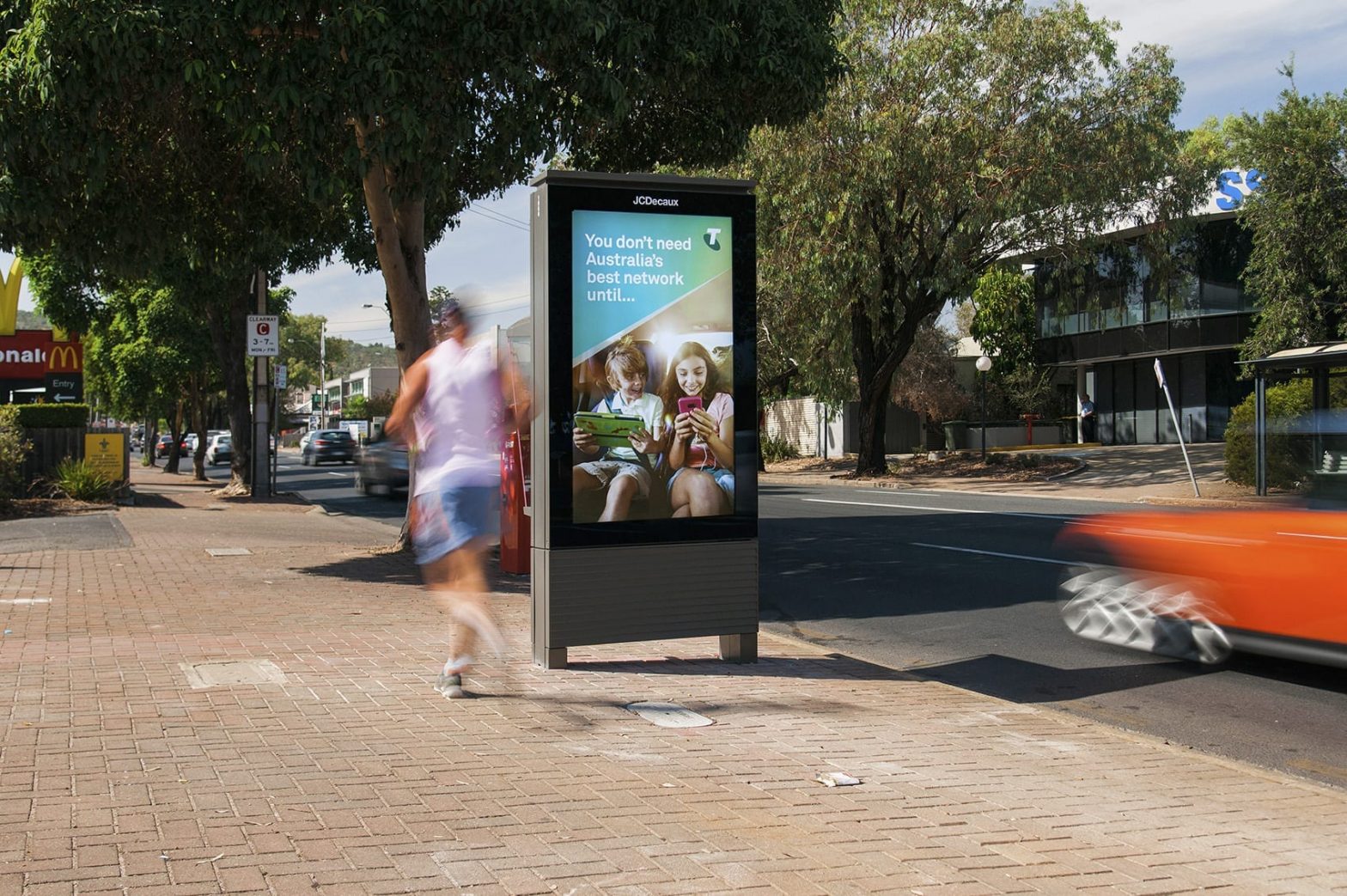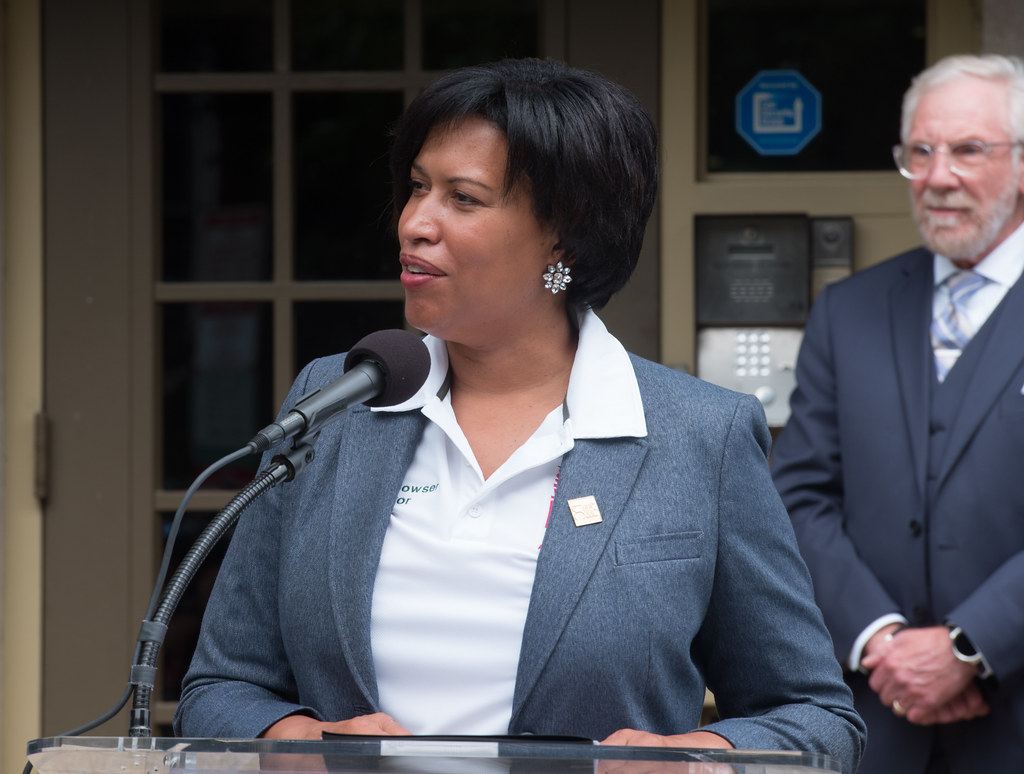
Photo: TELSTRA_SA-__08837911X2_5G-and-L2-Network_04032019-2_MED-RES-PM
Australian cities win appeal over Telstra’s “supersized” digital ad phone booths
02 December 2020
by Sarah Wray
The cities of Melbourne and Brisbane have won a Federal Court appeal over the roll-out of Telstra’s new phone booths which are almost three metres high and feature 75-inch LCD screens capable of showing four advertisements per minute.
The ruling is the latest development in a long-running dispute over Telstra’s plan to install 1,800 of the booths in Australian cities as part of a payphone modernisation programme in partnership with outdoor advertising company JCDecaux.
Melbourne’s Deputy Lord Mayor Nicholas Reece said: “This was truly a David and Goliath battle and we’re proud to get the right outcome for our cities from the Federal Court appeal.”
‘Low impact’
Telstra filed Federal Court proceedings to clarify the law in May 2019 after the City of Melbourne rejected an application to display commercial advertising on 81 proposed new payphone booths, asserting that they were low-impact facilities. ‘Low impact’ facilities under the Telecommunications Act don’t require a permit. Melbourne argued that the larger booths with signage were not low impact as they conflicted with the council’s urban design objectives and would impede pedestrian traffic and be a public nuisance. Sydney and Brisbane city councils joined the case as co-respondents.
Telstra said the cabinets had to be larger to accommodate fibre connections and equipment, and noted that they could be used to communicate emergency alerts, tourist information and city maps.
In March, the court ruled that Telstra could install the booths because at the time of installation they could only display advertising related to Telstra’s phone services. The decision was on the assumption that a planning permit would be required to use the screens for third-party advertising.
Melbourne and Brisbane appealed this decision and the court has now found in their favour, ruling that the March decision should be set aside and that Telstra is required to pay the legal fees of Melbourne and Brisbane city councils.
The appeal judge described Telstra’s position as an “apparent paradox”.
“It is passing strange that Telstra has applied to the Melbourne City Council for planning permission to display commercial advertisements on its proposed new payphone cabinets while asserting that the new payphone cabinets are low-impact facilities which, relevantly, are required to be facilities that will not be used for commercial advertising,” the judge said.
Advertising
The latest Federal Court ruling means that the payphones do require council planning approval.
Reece said: “All along we have maintained that the supersized phone booths are designed to generate advertising revenue for Telstra at the expense of our community. Other Australian capital cities also raised concerns about the supersized phone booths disrupting footpath traffic and negatively impacting our cities.”
He added: “First and foremost cities are for people, and the interests of the people who use our streets must come first. We don’t want people to be bombarded with oversized and intrusive commercial advertising on public infrastructure.”
A spokesperson for Telstra told Cities Today: “Telstra respects the decision of the Full Federal Court and is currently considering its options. Our aim is to work openly and positively with all councils irrespective of the outcome.”











